Before we got rid of cable, my wife and I occasionally watched Inside the Actor’s Studio. If you’re not familiar with the show, it’s an interview format where host James Lipton asks famous actors various questions about themselves and their careers, as well as allowing them to answer questions from the audience of theater students.
One of the signature segments of the program is the following list of ten questions Lipton poses to each guest:
- What is your favorite word?
- What is your least favorite word?
- What turns you on?
- What turns you off?
- What sound or noise do you love?
- What sound or noise do you hate?
- What is your favorite curse word?
- What profession other than your own would you like to attempt?
- What profession would you not like to do?
- If heaven exists, what would you like to hear God say when you arrive at the pearly gates?
Several of these are excellent questions for authors to ask themselves, but one of my favorites is number seven. Many of the guests on the show respond to it with the tried and true F-bomb, which has become so ubiquitous in modern English that it is now anything but original.
My own answer to number seven is more of an un-curse.
What is it?
“SON OF A…!!!”
And no, I don’t finish the phrase, either. I prefer to leave the last word unsaid, because once you say the first part of the phrase, everybody knows how it’s supposed to end.
It’s more interesting to let the audience fill in the blanks – and it keeps me (by technicality, maybe, but still…) from being too much of a cusser-mouth.
Many authors say too much. They treat fiction as though it’s technical writing, and they dare not leave anything out. Fiction shouldn’t be that way. When you’re telling a story, the best way to engage the reader is to trust them to do a bit of the work by using their imaginations.
You build the set, the reader should fill in the details.
Try this on for example. Here’s two different treatments of the same scene. Take a minute after reading each and let yourself visualize the scene. See which one is more engaging.
This:
“He lifted himself up from the warming earth, his ears still ringing. Smoke wafted across the field, carrying with it the sharp smell of cordite. Men ran in all directions, confusion and chaos everywhere. They shouted and cried out, but he could hear nothing.”
Or this:
“He stood slowly, brushing the dirt from his eyes as he got up. The explosion had left his ears ringing and his vision blurred. He looked around, trying to get his bearings through the thick smoke which carried the sharp smell of cordite. Soldiers ran in every direction around him, running for their lives from the unseen enemy. There was no order or organization; it was obvious the army was in full retreat. He shook his head, trying to clear his eyes and ears. He could tell the panicked soldiers were shouting and crying out, but he couldn’t hear a sound. He was totally deaf.”
Notice anything?
The second paragraph is certainly more descriptive, but does that make it better – or worse?
Did you really need the author to tell you there had been an explosion, or that the army was in full retreat, or that the man was a soldier, or he’d lost his hearing?
All of those details were implied in the first paragraph, and you probably figured them out on your own. The author of the second paragraph doesn’t give the reader the chance to fill in the blanks – instead, he spoon feeds them every detail.
What details were you able to imagine from the first paragraph that were never explicitly mentioned in either? What era did you think the scene described? Did you imagine sounds, smells or maybe details of the man’s surroundings, such as forest, fields, or maybe even the time of year or day?
The point of the exercise is that your readers aren’t automatons that require every bit of information in order to see the story just as you do.
Part of the joy of a good book is the mental picture it inspires. Your readers can paint that mental picture for themselves with minimal information from you. When you overwrite, you dictate the details to them, instead of trusting them to engage with your story; to flesh out the minutiae in their own minds.
Try this with your writing. Be deliberate about leaving certain details out – then go back and see how your story reads.
You won’t miss all the extra stuff.
Your audience won’t, either.
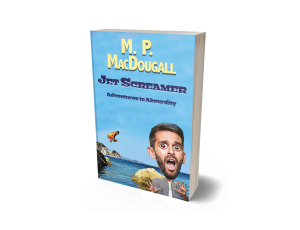
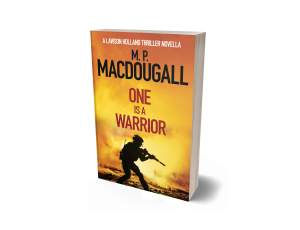


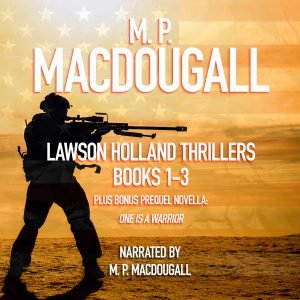
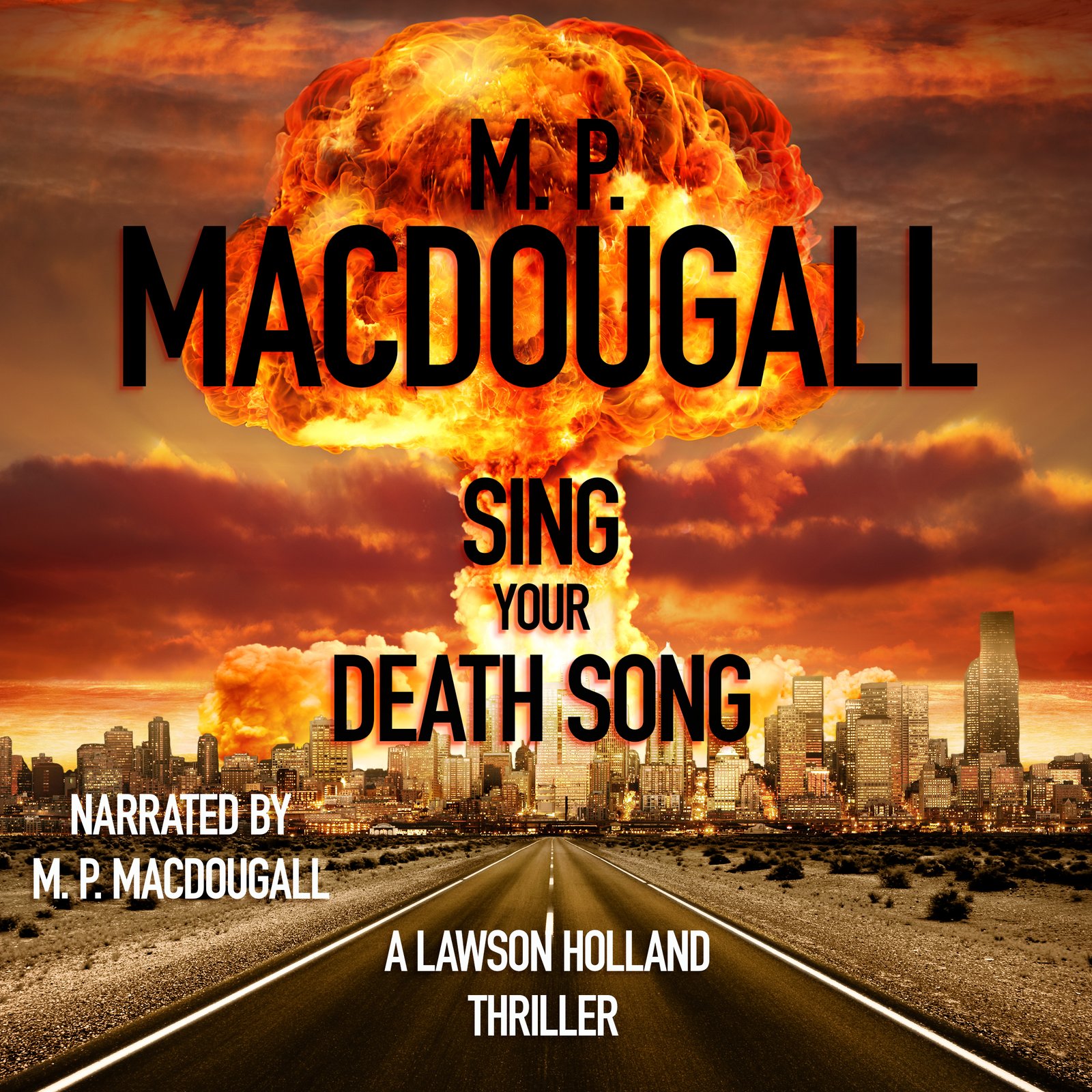

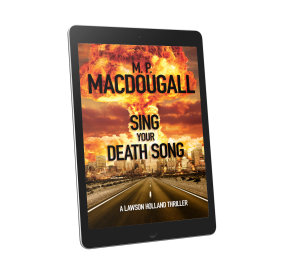
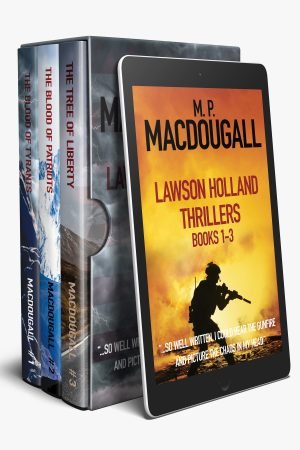
Excellent article Mike. You’re my new writing coach!
That’d be an honor, Nick! Thanks for stopping by!